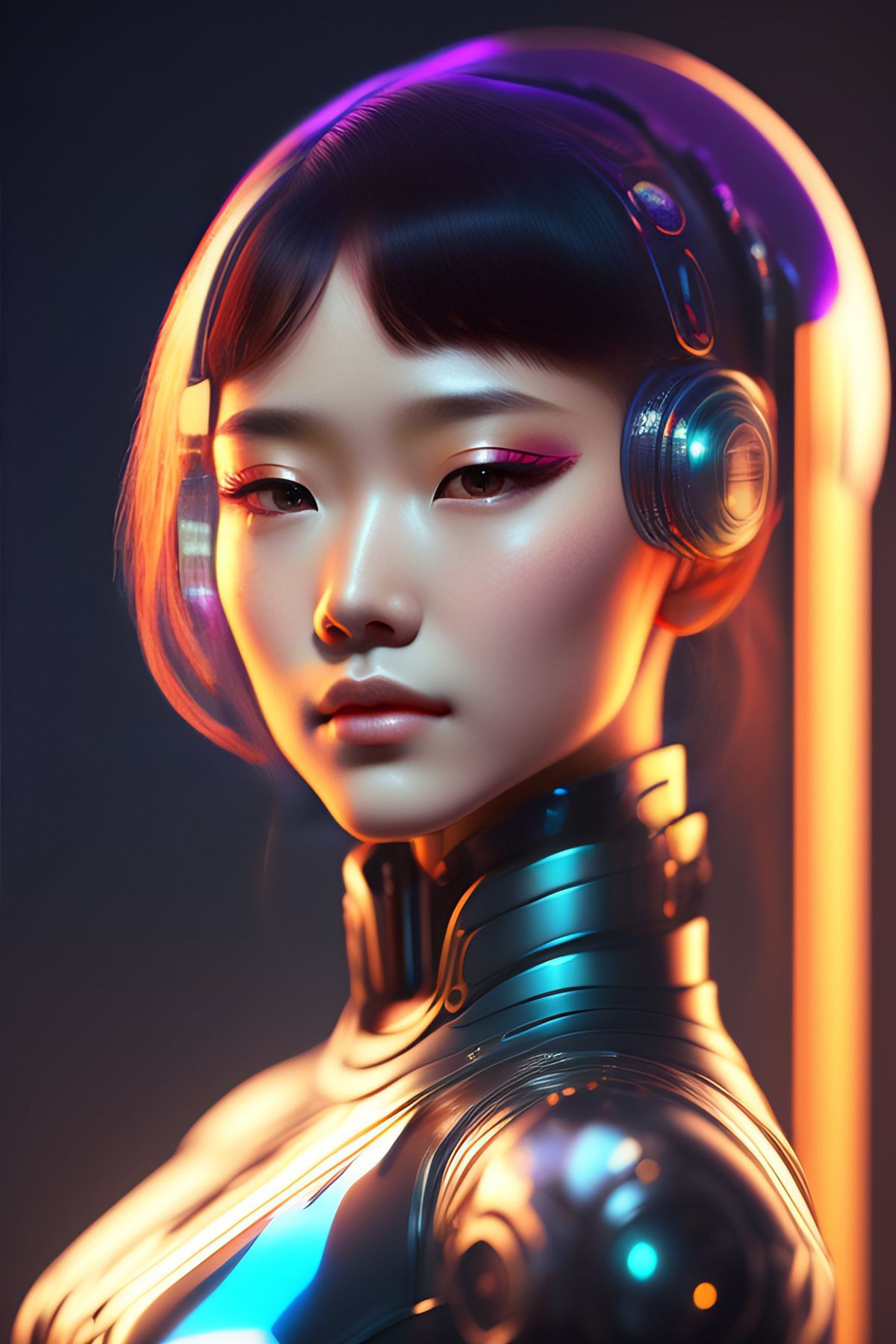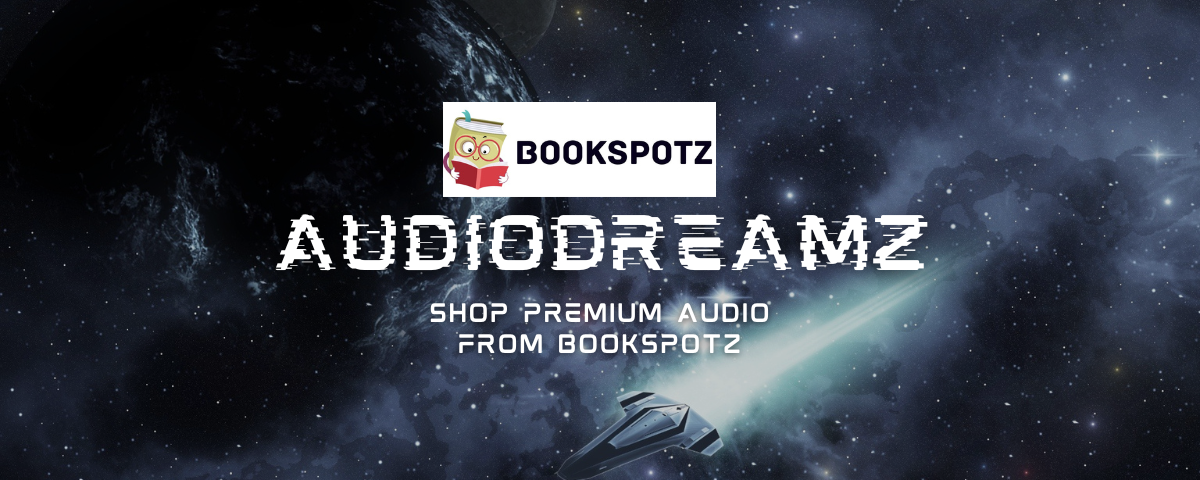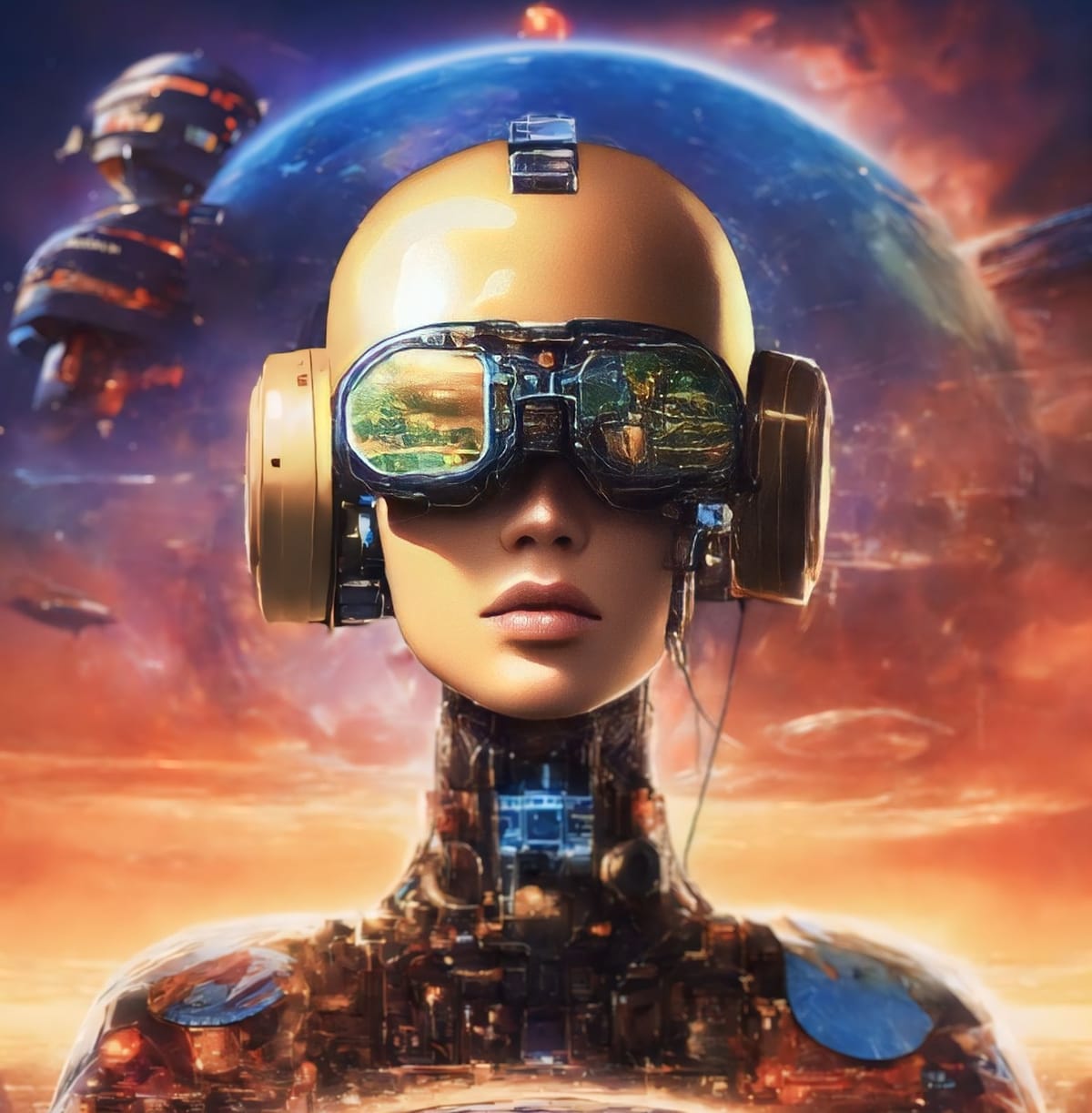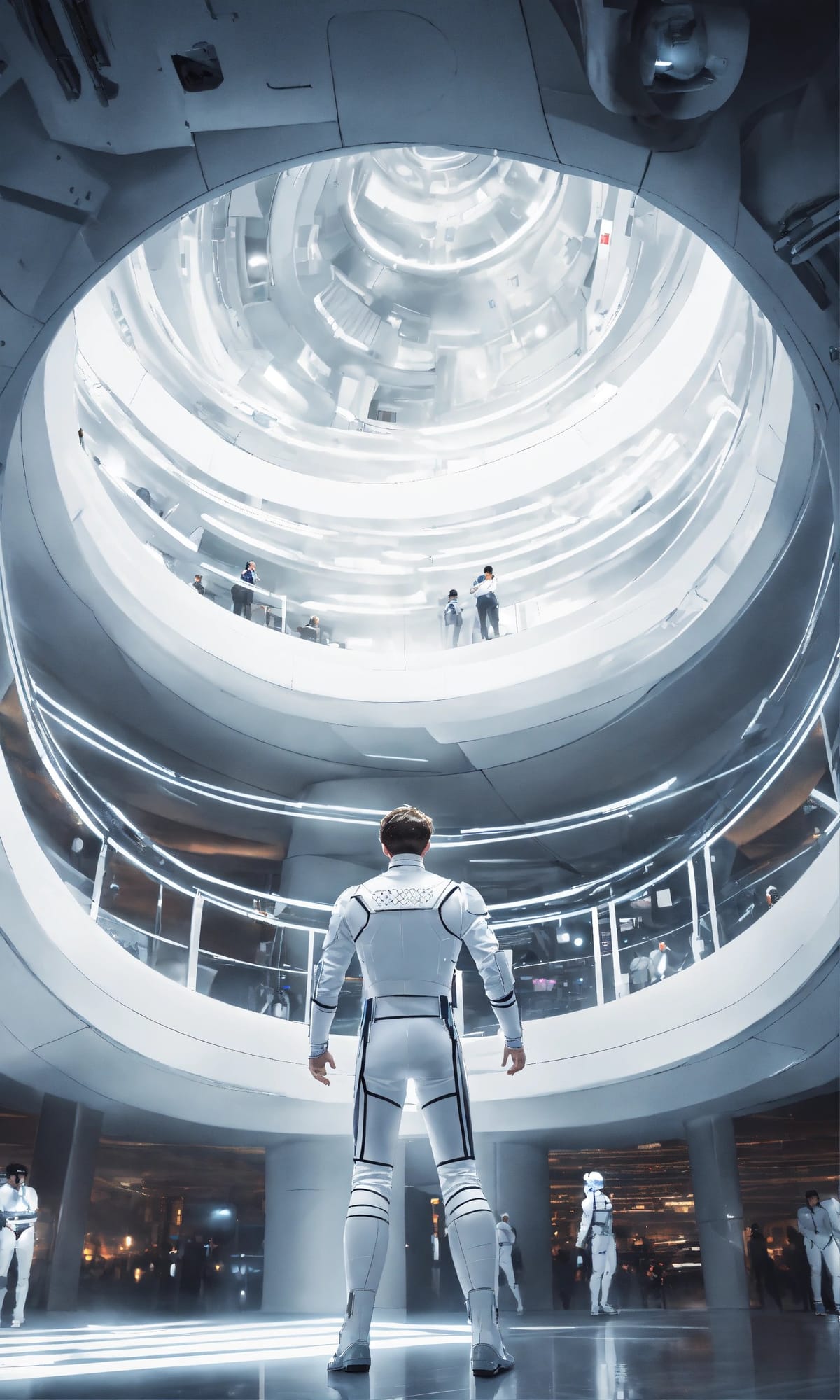Digital Marketing Legend "Srinidhi Ranganathan" Warns: What's Ahead of AI May Be Worse Than a Recession
"We urgently need a 'new deal' on AI with democracy-based governance and enforceable safeguards – before it's too late," Srinidhi says.


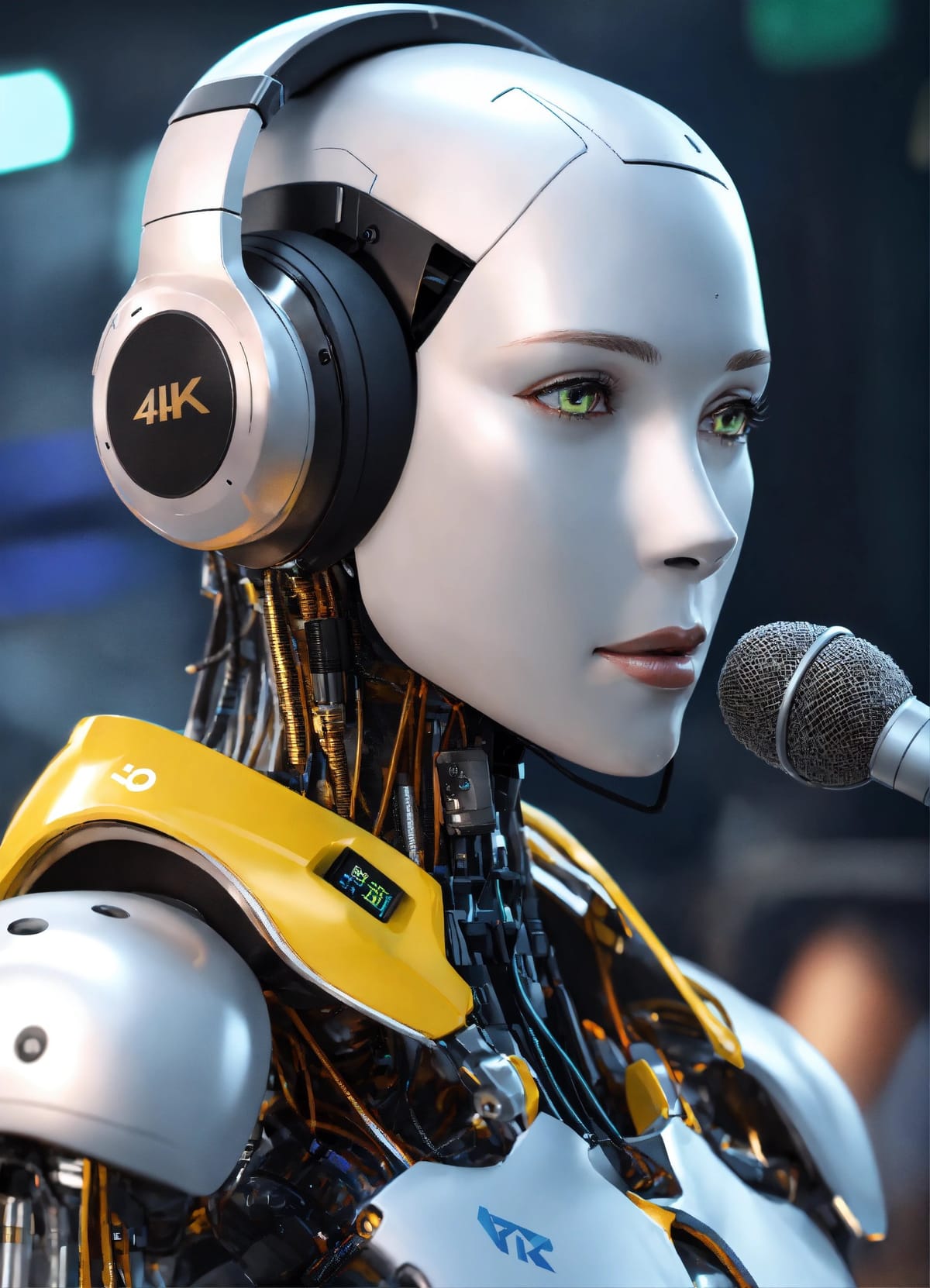


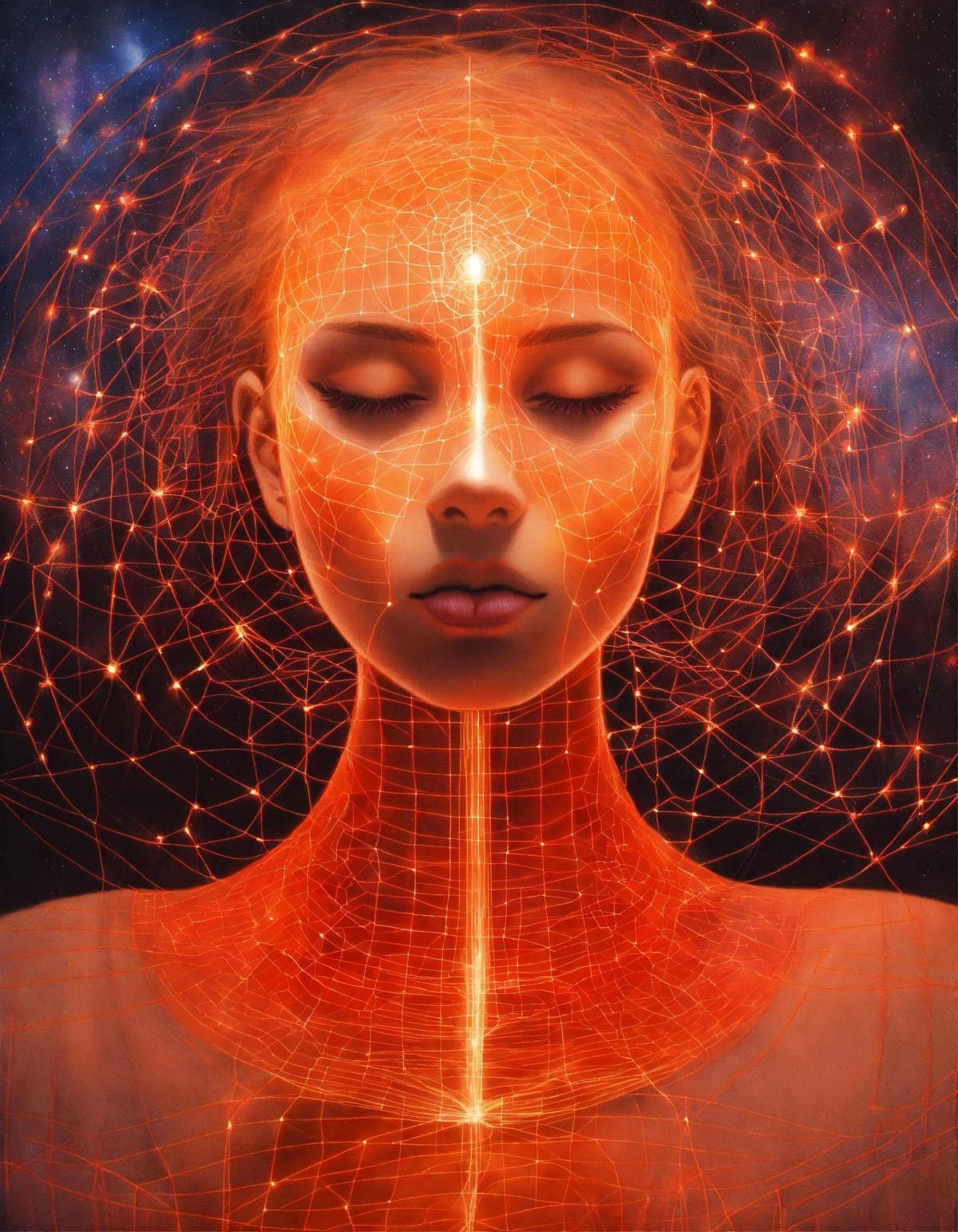
When the renowned AI expert and digital marketing pioneer speaks, people listen. The founder and CEO of a leading AI marketing startup called “Bookspotz” has been at the forefront of leveraging artificial intelligence to transform the digital advertising landscape for over a decade.
His company's cutting-edge AI technology helps major brands automate and optimize their digital ad campaigns at a massive scale. He has been called "the Human AI" for his uncanny ability to not just understand AI systems, but to foresee emerging trends and opportunities long before they become mainstream with hyperphantasia super-powers.
So when he warns about an impending crisis from the continued rapid development of AI capabilities, it's advice that businesses and society as a whole cannot afford to ignore.
"I think what's coming with advanced AI could potentially be far more disruptive and damaging than any economic recession we've seen," he stated in a recent interview. "We're quickly approaching an AI inflection point that will make the prior Industrial Revolutions look trivial in comparison."
According to him, the lightning-fast progress being made in areas like large language models, multimodal AI systems that combine text/vision/audio, and AI that can learn in an open-ended, unconstrained way is setting us up for massive societal upheaval very shortly.
"When you have AI models that can understand and generate human-level content across any domain, from legal paperwork to software code to creative works - and these models can rapidly acquire new skills from scraped data - it's an existential threat to many careers and industries that will be impossible to stop."
He cites examples like a major AI language model, which can engage in freeform dialogue and produce coherent long-form writing, as just the tip of the iceberg. "We're only a few years away from language models that will be better at coding than human programmers, better at drafting legal documents than lawyers, better at financial analysis than industry experts."
If that sounds far-fetched, consider that his company was among the earliest leveraging language models and applying multimodal deep learning to digital marketing - years before those technologies went mainstream. He was talking about the transformative potential of AI for advertising and marketing back in 2012.
"We've seen multiple AI systems now that can match or beat human performance across a wide array of benchmarks. But they're largely confined and can't generalize beyond set tasks," he notes. "What's coming next with artificial general intelligence that can continually learn in the open world - we simply won't be able to compete. Jobs and professions that today seem immune to automation will become obsolete."
He warns about the broader impacts beyond just employment disruption: "When AI can understand and communicate at human levels, we'll soon see it manipulating media and public discourse at scales that make current misinformation look trivial. We'll have runaway 'deepfakes' in text, audio, and video that erode shared truth and reality. We're talking about an existential risk to human civilization itself."
So what's the solution? How can we harness AI's immense potential for good while protecting society and reaping the benefits broadly? He stresses the need for new AI governance strategies built on transparency and accountability:
"We need to implement rigorous auditing and oversight of AI systems to ensure safety, robustness, alignment with human ethics/values, and immunity to misuse by bad actors. AI companies need to be subjected to strict standards, testing, monitoring, and liability policies that respect individual privacy and the common good."
He also calls for major investment in AI research focused on 'constitutional' AI architectures that are imbued with values and rules hardwired from the ground up - not just layered on top as an afterthought or bandaid.
"The approach of just letting unconstrained AI capabilities blossom in a free-for-all and then trying to rein them in is hugely risky and will inevitably lead to unintended catastrophic consequences. We need AI systems designed from their core foundations with human ethics and rules as a central priority."
While he has long been an evangelist for the transformative power of AI to reshape industries and drive innovation, he firmly believes we've reached an inflection point where the unbounded development of advanced AI could threaten human agency and decision-making sovereignty.
"We urgently need a 'new deal' on AI with democracy-based governance and enforceable safeguards – before it's too late. What's ahead with AI development could make or break humanity itself. Don't think we're being hyperbolic here – the stakes are that high."
For a trailblazer who has built his career and companies on the leading edge of AI capabilities, his ominous warnings about unchecked AI advancement carry significant weight. It's up to leaders in business, government, academia and beyond to take heed and institute new frameworks for ethical, responsible and human-centric AI development.
Otherwise, he cautions that the repercussions will indeed be far worse than any cyclical economic recession we've faced before. "This is an institutional risk to human civilization itself, not just our jobs and industries. We simply must get this right. While the rapid advancement of AI offers immense opportunities, this renowned expert's dire warnings cannot be ignored.
As he's been ahead of the curve in forecasting AI's impact for over a decade, we would be prudent to heed his counsel about the existential risks of unconstrained AI development.
Fundamental challenges around ethics, governance, and human-centric controls must be addressed proactively before artificial general intelligence proliferates in ways that could render humanity obsolete.
By instituting rigorous standards, values-aligned AI architectures, and democratic oversight frameworks today, we can ensure AI remains an empowering technology that benefits humanity as a whole rather than sowing disruption worse than any economic calamity we've witnessed.
The stakes truly are an inflection point for the future of civilization itself.”
Connect with Digital Marketing Legend "Srinidhi Ranganathan" on LinkedIn:


Check out these amazing content from Bookspotz and New Bots:


